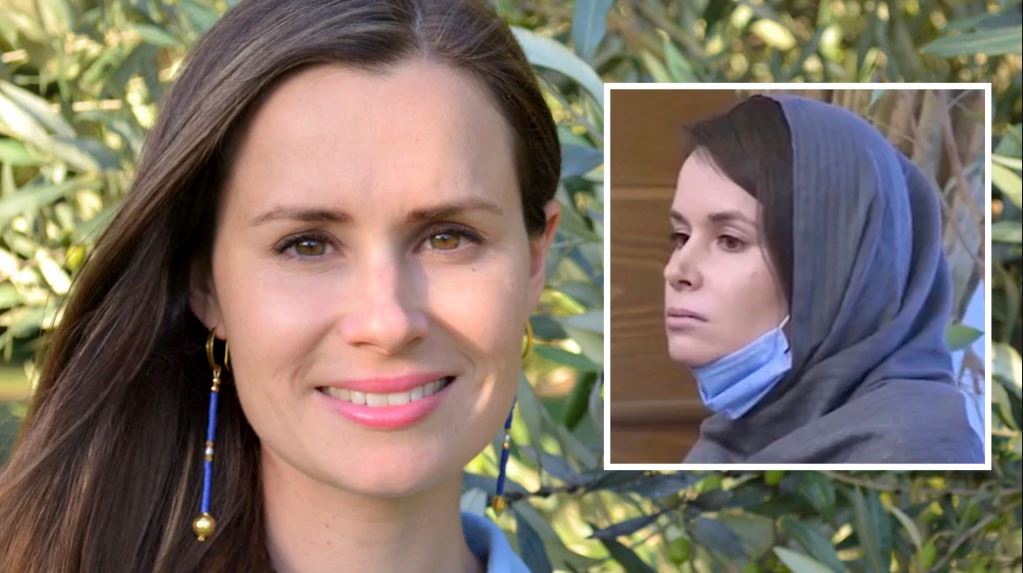Scott Morrison was in The Lodge in Canberra on Wednesday night when he received a phone call from his senior policy adviser with the news the Prime Minister had been sweating on for the past year. Australian academic Kylie-Moore Gilbert had been freed by Iran after more than two years in some of the world’s most notorious prisons.
Morrison, still in quarantine following a trip to Japan the week prior, reacted with nothing short of “pure joy”.
Moore-Gilbert, a Melbourne University lecturer, was not only out of jail but out of Iran – on the very same plane that had an hour earlier dropped off three Iranian men who had been jailed in Thailand over a 2012 bombing in Bangkok.
Months of intense negotiations involving Morrison himself, Australia’s top spy, Nick Warner, and a flock of diplomats and public servants, finally produced the result they had been hoping for.
It was also the moment that justified the government’s strategy of “quiet diplomacy” – an Australian detained and imprisoned in Iran for 804 days, often in solitary confinement, was free and on her way home. It was vindication for the government, which had been under pressure to make its campaign for her release more high profile.
With Moore-Gilbert safely back home, the question now is whether Australia engaged in hostage diplomacy, which could encourage Iran to make similar plays in the future.
Read the article by Anthony Galloway in The Sydney Morning Herald.

